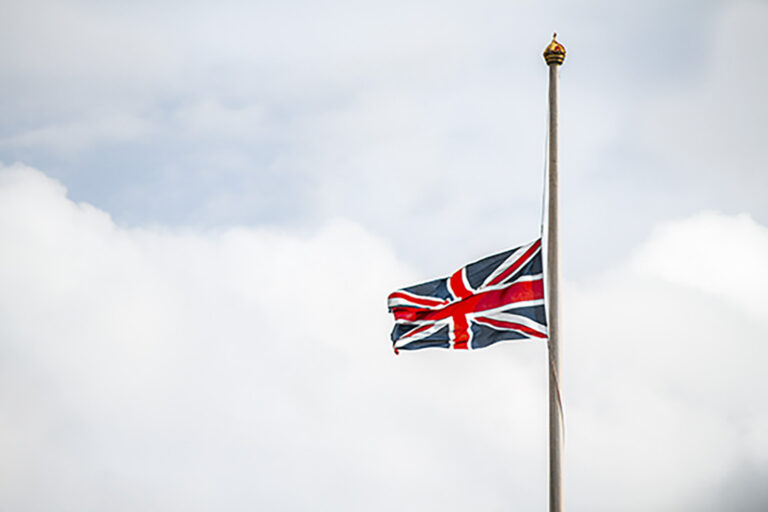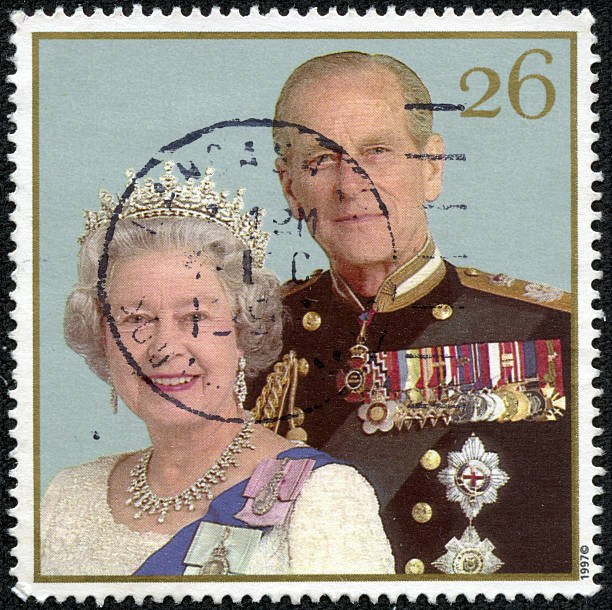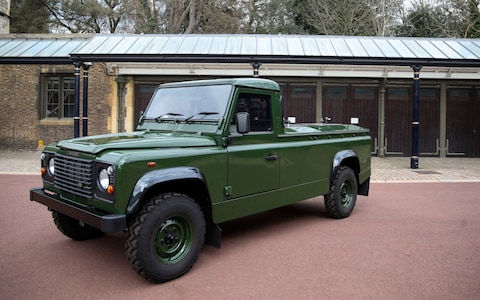
Symbols
We live in a world of symbols. Traffic lights keep us safe: we know what red or green mean. A policeman’s uniform is a more complex symbol, a flag can have deep emotional or patriotic significance. Give it some thought and you’ll realise we are surrounded by emblems, trademarks, images and sounds that trigger a response and give life meaning. Yesterday’s funeral of Philip, Duke of Edinburgh was deeply symbolic. I mention this because I’ve heard comments from people who don’t understand what all the fuss was about. They don’t “get it”.
At the recent world conference of The Church of Jesus Christ of Latter-day Saints, Dallin H. Oaks of the First Presidency gave a remarkable talk in defence of the the American Constitution. This subject was all the more remarkable since it was Easter Sunday, and he was addressing an international audience, not just Americans. On another occasion I’ll discuss why the topic is international and how it relates to Easter, but early in his remarks he mentioned that in the world there are only three nations that do not have a written constitution. He didn’t say which nations, but I looked it up. They are: Israel, New Zealand and, of course (I knew this) the United Kingdom.
Great Britain is known as the Mother of Parliaments; she sowed seeds of democracy around the world and her traditions profoundly influenced the American Constitution. It’s ironic therefore that we have no constitution ourselves—although this isn’t quite correct. We do have a constitution but it’s not a single written charter; it’s a collection of separate documents, bits and pieces of legislation collected over the years but never formally combined into one, beginning with Magna Carta in 1215. The Bill of Rights in 1689 is one of the most significant; it defined and greatly restricted the powers of a monarch. Since then, a king or queen of Great Britain has only three powers of government: the right to be consulted, the right to encourage, and the right to warn, but no power to make or veto decisions. Only parliament can make decisions and laws (though only after consulting the king or queen). The technical term for our system of government is a “constitutional monarchy”.

Under this system the queen is the head of state and she symbolises the country. This is partly what the fuss is all about. In honouring Prince Philip and grieving with his widow, we honour our country; his funeral is a profound act of national patriotism. The symbolic nature of monarchy seems not to be taught anymore and younger generations miss its importance. For some the Royal Family is an anachronism: a remnant of past ages, but now an ornament useful only for tourism. Patriotism—love and loyalty for country is despised by some, I hope a tiny minority, but never by Prince Philip, who understood its importance and the importance of its symbols. His long life was dedicated to defending, strengthening, and building our nation and its people. In doing so he stood for values of duty, responsibility and hard work. These values were expressed in his own life of service. Much of what he did was behind the scenes without fanfare. Leading up to, and during the funeral, features of his life surfaced, much of it not well known. I was astonished at the scope and number of his achievements. My daughter Beth gained her bronze Duke of Edinburgh Award—a scheme for young people to achieve challenging, worthwhile objectives, which changed many lives for good. This was only one of hundreds of projects, organisations, and causes that Prince Philip created or supported.
A few trivial stories symbolise the man for me. When he was first married, he discovered that there were two kitchens in the Palace. One prepared food for the staff, the other prepared food exclusively for the royal family. Ridiculous class distinction and waste of resources he thought, and quietly closed down one of the kitchens. He was a sailor in the Royal Navy, used to looking after himself, so it was his custom to cook his own breakfast in his rooms with an electric frying pan. He only stopped when his wife complained about the the smell of frying bacon in the royal apartment. I suppose for many, his funeral hearse is the ultimate expression of his personality. He designed it himself: a converted Land Rover Defender, exemplifying British engineering ingenuity, more like a farm truck than transport for a Prince, but one of the most rugged and indestructible vehicles in the world.

He planned his own funeral with meticulous care. There was no eulogy: it seems even in death he preferred to remain in the background. The focus was not on him but the Christian Gospel as he understood it, in word and music. For me the most memorable moments came at the end. First, a Braemar piper played a traditional Scottish lament, “The Flowers of the Forest”. As he played, he marched slowly out of the chapel, the sound gradually fading way. Next, Royal Marine buglers sounded “The Last Post”, which would normally mark the end of a funeral service, but after a short silence Household Cavalry trumpeters blasted out “Reveille” (the early morning call sounded to wake up UK servicemen from sleep), finally after another short silence, the buglers sounded “Action Stations”, a Royal Navy call for sailors to get ready for battle and man their stations. The symbolism is clear, Prince Philip is telling us not to linger in mourning, but wake up and get on with it—face our challenges. I wonder though if he also had an idea about the next life, that there would be work to do and a call for action, because that is certainly what I believe we all face in the world of spirits.
His biographer, Gyles Brandreth once asked him if his life had been good or worthwhile. He replied “I don’t know about that. I’ve kept myself busy. I’ve tried to make myself useful. I hope I’ve helped keep the show on the road. That’s about it really.” A typically modest response, but comments by others over the past week illustrate an extensive and significant influence on the nation as well as the Royal Family; a life well-lived indeed. He represented the generation that won World War II and coped with its aftermath: my parent’s generation, a generation who “got on with it”, a generation with both feet on the ground, a generation who were proud of their country and its flag. I hope as a nation we can somehow follow their example and recover the values inherent in the life of HRH Prince Philip, Duke of Edinburgh and expressed so eloquently in his funeral. For me, this is what all the fuss was about.